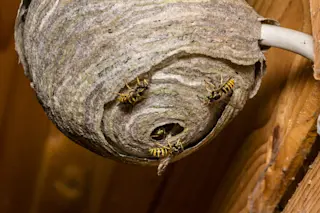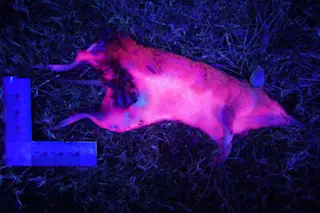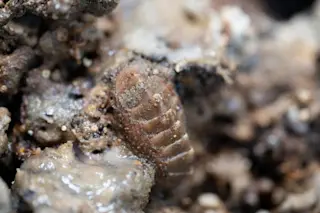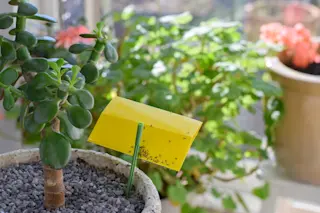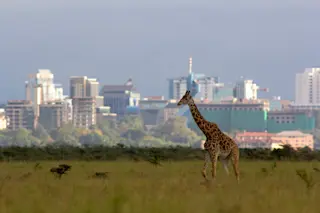Three years ago, a controversial study alarmed climate researchers by stating that plants produce methane, a potent greenhouse gas, as part of their normal operations. Those findings went against the standard idea that forests are one of our few buffers against global warming since they absorb and store carbon dioxide; suddenly, scientists began wondering if planting more trees might do more harm than good. But now a new group of researchers says it has refuted the 2006 study, although the scientist who did the original work is not backing down from his claims. In the new study, to be published in the Proceedings of the Royal Society B, researcher Ellen Nisbet first looked at how that earlier study was conducted, and saw that the earlier researchers had put glass chambers over plants growing in the wild and measured how the mix of gases within the chamber changed. Nisbet says that ...
Plants May Not Be Methane-Spewing Climate Criminals After All
New research disputes the claim that plants produce methane, clarifying the role of plant transpiration in greenhouse gas emissions.
More on Discover
Stay Curious
SubscribeTo The Magazine
Save up to 40% off the cover price when you subscribe to Discover magazine.
Subscribe


